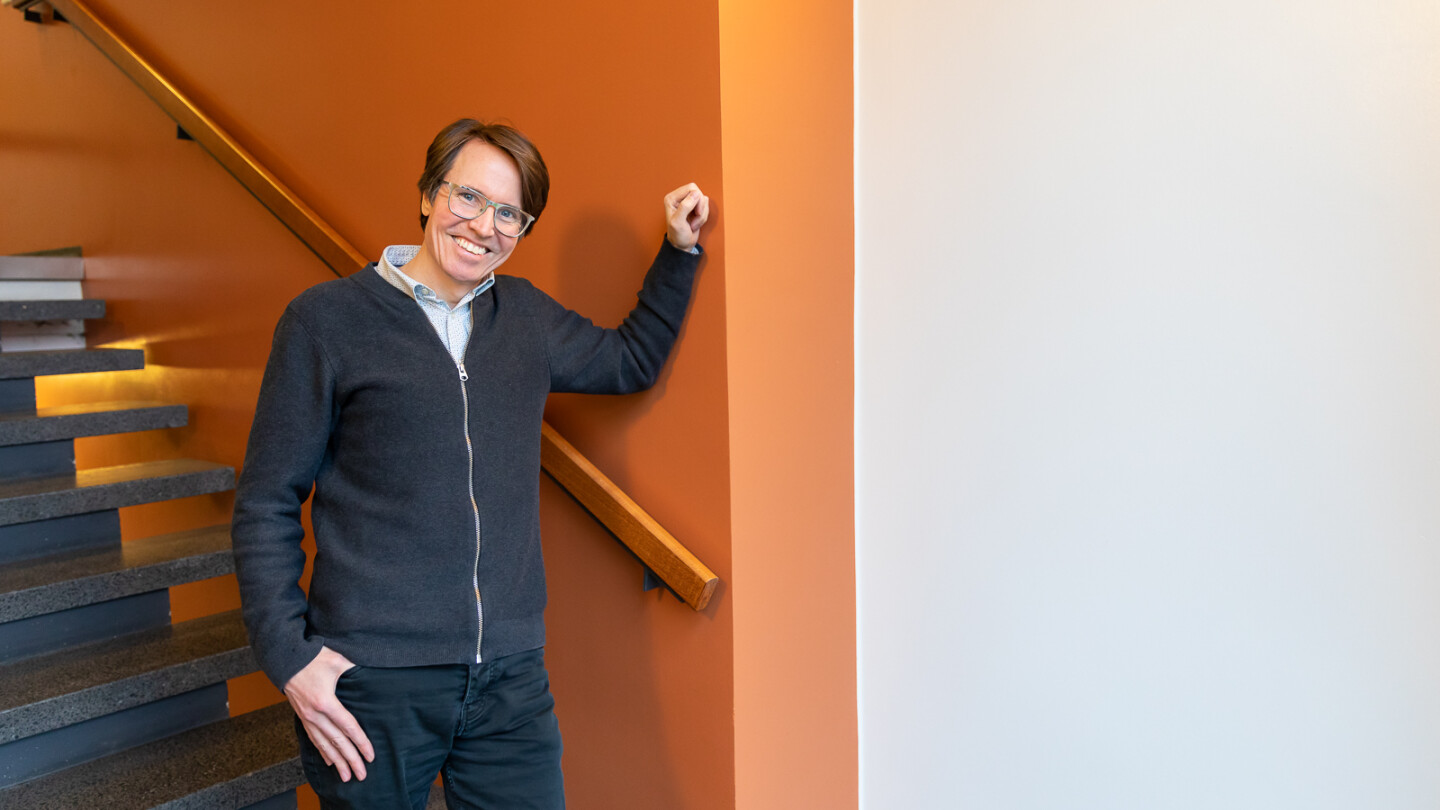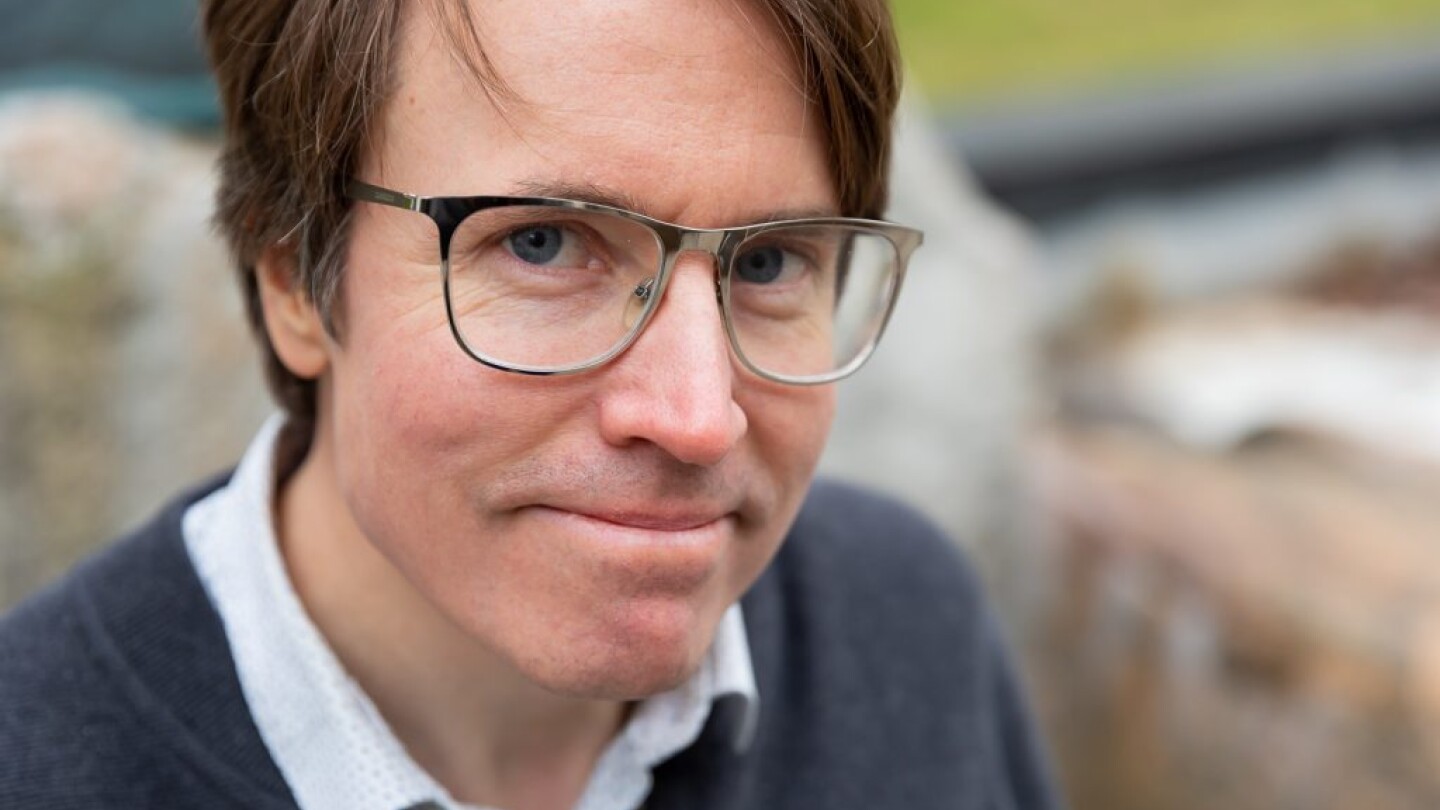Nicolas Balcom Raleigh Helps Climate Change Innovators See Futures in New Ways
The Finland Futures Research Centre of the University of Turku works with a transdisciplinary approach to research the challenges and possibilities of sustainable future. According to project researcher Nicolas Balcom Raleigh, to be able to fight against climate change, we need the ability to see new scenarios in the future and innovate new ideas.
Nicolas Balcom Raleigh has always been interested in future thinking and the endless amount of possibilities future entails. In his childhood he was a fan of science fiction and as a teenager he joined a network for future enthusiasts. His academic career also took a new path during his bachelor’s degree studies when he learned about futures studies.
After graduation, Balcom Raleigh started working in the Finland Futures Research Centre at the University of Turku, one of the few research centres in the world dedicated to futures studies. He has worked in many different project, the topics of which ranging from the future of energy to the development of cities and the European growth corridors.
Imagined Futures Shape Our Actions
Balcom Raleigh’s most current project, Futures Literacy across the Deep, is funded by the EIT Climate-KIC, knowledge and innovation community established and funded by the European Institute of Innovation and Technology (EIT).
– I have been working alongside Professor Markku Wilenius, UNESCO Chair in Learning Society and Futures of Education, and through his connections, I was able to start working on this project, Balcom Raleigh explains.
Balcom Raleigh’s project offers a new way of talking about future.
– When we talk about the future, we are essentially talking about what we are imagining. The future already exists in our imagination. Our imagination can limit us or open new points of view. The imagined futures also shape our actions, the researcher summarises.
The ability to use these imagined futures in decision-making is called Futures Literacy. While futures research focuses on developing expertise to solve the problems we are facing as a society and aims at equipping the decision-makers with the required skills, futures literacy is an ability everyone can use in their everyday life and decision-making.
– Everybody uses their ability to imagine futures in their everyday life, but in Futures Literacy we focus on developing this skill and training people to consider why and how they do this. Switching between different ways of using futures helps us see new potentials in future.
Transformation through Innovation and Imagination
Balcom Raleigh explains that the founding of EIT Climate-KIC in 2010 was a response to the grand objective of Europe to assume more responsibility and leadership in the fight against global warming. The knowledge and innovation community strives for achieving the “well below 2°C” Paris Agreement target by mid-2030s. The community declares that this could only be achieved by implementing “a complete transformation of society”.
While this objective may sound quite ambitious and idealistic, the Climate-KIC has a practical approach: the community wants to show how new innovations can be utilised to transform whole systems. They have created eight Deep Demonstration test environments which cover different societal challenges from food production to city infrastructures and circular economies.
– It is difficult to imagine what this complete transformation would be like and how it would affect our society. This is why we need futures literacy: it is connected to our awareness of the possible futures, the diversity in ways of approaching the future in different contexts, Balcom Raleigh explains.
The Futures Literacy across the Deep is an initiative to integrate methods and theory of Futures Literacy in the Deep Demonstrations.
– We are helping innovators in their attempts to produce transformations by enabling them to imagine different futures and use this skill in their work and innovations. We have organised workshops related to the themes of the Deep Demonstrations, and we are also training people to develop their own ways of using futures literacy.
While problems such as the climate change are wicked and complicated to solve, Raleigh is not disheartened by the scale of the problem.
– Futures studies is interesting in that it has a lot of potential for many different challenges our society faces. The Climate-KIC community is also a very promising opportunity to help develop sustainable future, and now that the University of Turku is a partner of the network, I hope that many other researchers working on research related to climate change see the potential, Balcom Raleigh concludes.
Nicolas Balcom Raleigh
|
EIT Climate-KICThe University of Turku is a new partner of EIT Climate-KIC, European knowledge and innovation community aiming to combat climate change with innovations. The community calls for complete and radical transformation of our society. More information about the community on their website. |
Text: Lotta Junnila
Photos: Hanna Oksanen

